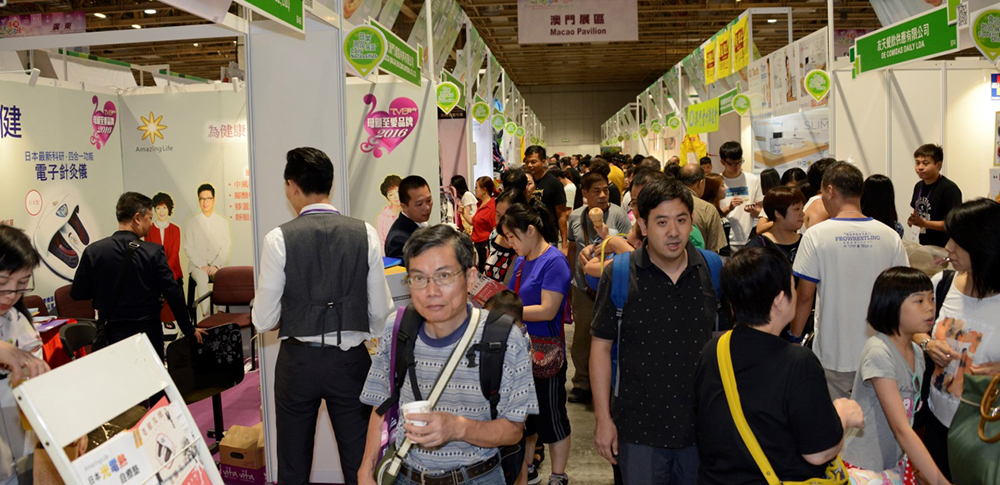Source: Natalie Wang at the drinks business
Wednesday 5th July, 2017

Tianjin Port
Demand for Wine in Northern China Remains Strong
Demand for imported wines in northern China remains strong in the first half of the year, with the total value of wine imports going through Tianjin Port increasing by 41% during the period, while volumes declined.
The Tianjin Port, one of China’s main port cities, in addition to Xiamen, Zhongshan and Shanghai, is the gateway to the northern Chinese market.
Part of the Tianjin Pilot Free Trade Zone – a government project established in 2015 to bring in cheaper products, including wine and fruits to the vast northern market – the port checked in 25.486 million litres of wine worth about US$79.27 million in the first six months of the year, a 41.8% increase in value compared with the same period last year.
The volume of wine passing through the port decreased by around 4%, however the average price of the wines imported increased 47.4% year-on-year to US$3.11 per litre, signalling a shift from lower-end to higher-end wines, according to a Chinese report by Tianjin News.
Imports of white wines have seen the most robust growth with a year-on-year increase of 52.2% to 1.02 million litres compared with the same period last year, although the category’s volume accounted for less than 4% of total wine volume checked in through the port, with red wine still preferred by the majority of Chinese consumers.
In terms of origin, imported French wines through the port increased 45.4% to 8.43 million litres from January to June this year compared with the same period last year, while imports for Chilean wines dropped from last year’s 10.1 million litres to 3.63 million litres.
This, however, does not necessarily mean that Chilean wine imports in the country are dropping, as previously reported by the drinks business, Chilean wine imports to China grew both in volume and value in the first five months of the year, across various ports in China.
The Tianjin Pilot Free Trade Zone is also one of the key areas in China to test ‘cross-border online sales’, a government effort to reign in untaxed goods which were often sold on e-commerce platforms such as Tmall.com and JD.com to dodge import taxes.









